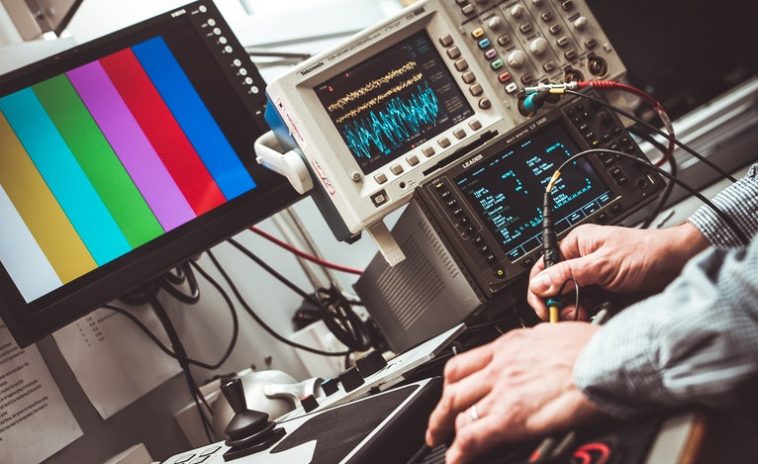Turn Up the Volume! Industry Standards for Recording Volumes

Many of you have been in a situation where you are watching your favorite program. It is interrupted by a commercial break where you have to turn down the volume of what you are listening to. Then, when the show comes back on, you have to turn the volume back up.
This scenario is not a mistake of the television program. This is a controlled function in the industry to control volume levels at different ratios. The result is that it causes individuals to listen to the music differently. At this point, many are calling the industry standards for volume at a louder frequency, which is changing the instrumentation, the way that the music is played and even the listening capabilities of those who are tuning into their favorite CD.
When the recording industry started, the volume levels were closer to negative numbers, around 2 or 3. Records would be at this lower volume because it was considered to be more pleasant listening. It would also allow for the ranges of the instruments to be heard, such as loud and softer dynamic levels and high and low instruments that would blend together.
The use of these lower levels for volume allowed the industry not only to show off the instrumentation, but it also gave them room. When you are recording, your volume is a space where the noise can be increased or decreased. When you are moving into the negative numbers, usually -6 to -1, you have room to increase the volume in order to allow it to balance out. This is always a part of the volume levels within instrumentation.
As time went on, the frequencies of these volumes continued to increase. The industry standard now is close to 0 for music. This means that they are at one of the loudest points of volume that they can get to. Most don’t notice, and simply turn down the volume on their stereo or in their car. However, this particular decision by the industry to change the volume levels to the maximum is changing everything within music.
Not only is it changing the musical concepts, such as dynamics, range and instrumentation, but it is taking out a lot of the traditional and innovative ideas that are musically based. If you listen closely to music, you will notice that the music does not usually have a lot of ranges, changes in musical instruments or pace that is going. This is because the volume level has been maxed out. Because this has changed, there is no room to put anything else in that is musical.
Of course, the volume controls and the mastering process that causes this will also differ according to the format that you get. For instance, there is a standard for radio playing that is very different than CDs, which is also different than MP3 players. For Indie musicians and those with specialized and custom recording studios, there is also a difference in preferences according to their musical tastes and style with volume as well as the arrangement that is being used. If you are recording, deciding on your preferences for volume that fits to different formats and style will be important before going to the industry standard or producing the CD.
One of the main concepts that should be kept in mind with recording is to know the volume capabilities and the differences that they make in music. You don’t want to compromise the music for the volume, but you want to get close to industry standards. Knowing what you need to do with your volume, how it relates to your instrumentation and your concepts within music will help you to create a volume that is worth turning up and listening to.









